It’s time to buy BP
The Deepwater Horizon spill caused BP no end of headaches. But as Matthew Partridge explains, now could be a great time to buy back in.

Get the latest financial news, insights and expert analysis from our award-winning MoneyWeek team, to help you understand what really matters when it comes to your finances.
You are now subscribed
Your newsletter sign-up was successful
Want to add more newsletters?

Twice daily
MoneyWeek
Get the latest financial news, insights and expert analysis from our award-winning MoneyWeek team, to help you understand what really matters when it comes to your finances.

Four times a week
Look After My Bills
Sign up to our free money-saving newsletter, filled with the latest news and expert advice to help you find the best tips and deals for managing your bills. Start saving today!

It's been over three years since the Deepwater Horizon spill BP's Gulf of Mexico disaster - was finally capped. However, the leak continues to hurt the oil giant's bottom line.
A few weeks ago it was forced to raise the amount of money set aside to pay compensation, for the second time in six months. Overall, it has paid out over $42bn so far.
As well as claims from businesses, it still faces negotiations with various US government agencies. Throw in a ban on business with the US government, and an investor lawsuit, and you can see why shares are still down 30% from their peak.
MoneyWeek
Subscribe to MoneyWeek today and get your first six magazine issues absolutely FREE

Sign up to Money Morning
Don't miss the latest investment and personal finances news, market analysis, plus money-saving tips with our free twice-daily newsletter
Don't miss the latest investment and personal finances news, market analysis, plus money-saving tips with our free twice-daily newsletter
So why do I think that now is the right time to buy in?
The clouds hanging over BP are starting to clear
As part of the post-disaster settlement, BP agreed to set up a $20bn trust fund that would pay compensation directly to those affected. The idea was that independent trustees would make decisions on compensation. This would ensure that the company could not try to save money by delaying legitimate claims. It also meant small firms could get any money owed quickly, reducing the chances of them going under.
That all sounds fair. However, BP now argues that the claims process has gone too far in the other direction, allowing all manner of frivolous claims. One big bone of contention is the amount of compensation paid to those who were indirectly impacted.
This includes service sector industries, such as hotels and restaurants, which were supposedly hit by the impact that the spill had on the tourist industry. In many cases, compensation for 'business economic loss' has far exceeded the compensation for property damaged.
Of course, BP has a clear incentive to throw doubt on the process. However, they've uncovered some pretty compelling evidence to boost their position. Allegedly, some of those in charge of judging claims were lawyers who were themselves suing BP an obvious conflict of interest.
As a result, BP has filed a counter-suit, trying to claw back an estimated $1bn that was overpaid. Yet, even if BP doesn't win, the trust fund has only $300m left in it. This means that remaining claims will have to go through BP. This will allow them to control the pace of payments, and reduce the risk of frivolous claims.
BP is also having some success in getting the two other firms involved in the disaster, Halliburton and Transocean, to share the burden. And the company is also close to cutting a deal with the US Justice Department to resolve the major outstanding charges.
Breaking out the drill bit again
One thing that the crisis did was to force BP to sell poorly performing or overvalued assets. The company's exit from Russia has also freed up a large amount of cash. While some of this will go on legal bills and compensation, much of the rest will be returned to shareholders. BP has decided to raise its dividend and buy back up to $8bn worth of shares.
It is also set to increase the amount spent on investment. This is vital. Like mining companies, oil firms need to explore constantly to ensure their long-term survival. If they don't do this, their reserves of oil dwindle over time, damaging their ability to pay dividends and buy back shares.
In the immediate aftermath of the crash, BP was forced to cut back on new investment. But in the past 18 months, it has resumed major activity. JP Morgan thinks the company is now on course to return to its pre-crisis drilling rate of 15 to 20 new wells each year.
For example, the company has just invested $1bn in two new projects in Alaska. It is also running studies to see whether it would be worth following up with an extra $3bn in the area in the near future.
The best reason to buy BP it's cheap
BP (LSE: BP)
This is very attractive compared with its competitors. For instance, Exxon trades at 11.6 times earnings, and 134% over its book value. Even Royal Dutch Shell, a more conservatively valued company, trades on a price/earnings (p/e) of 8.7 and is valued at a 20% premium to its book. Both Exxon and Shell have lower yields of 2.9% and 4.8%.
My colleague Phil Oakley delves into the attractions of BP's dividend in more detail in the next issue of MoneyWeek magazine, out on Friday. If you're not already a subscriber, you can subscribe to MoneyWeek magazine.
Our recommended articles for today
How to solve Britain's fracking problem
My Mark Carney' trade in three simple steps
Get the latest financial news, insights and expert analysis from our award-winning MoneyWeek team, to help you understand what really matters when it comes to your finances.

-
 Can mining stocks deliver golden gains?
Can mining stocks deliver golden gains?With gold and silver prices having outperformed the stock markets last year, mining stocks can be an effective, if volatile, means of gaining exposure
-
 8 ways the ‘sandwich generation’ can protect wealth
8 ways the ‘sandwich generation’ can protect wealthPeople squeezed between caring for ageing parents and adult children or younger grandchildren – known as the ‘sandwich generation’ – are at risk of neglecting their own financial planning. Here’s how to protect yourself and your loved ones’ wealth.
-
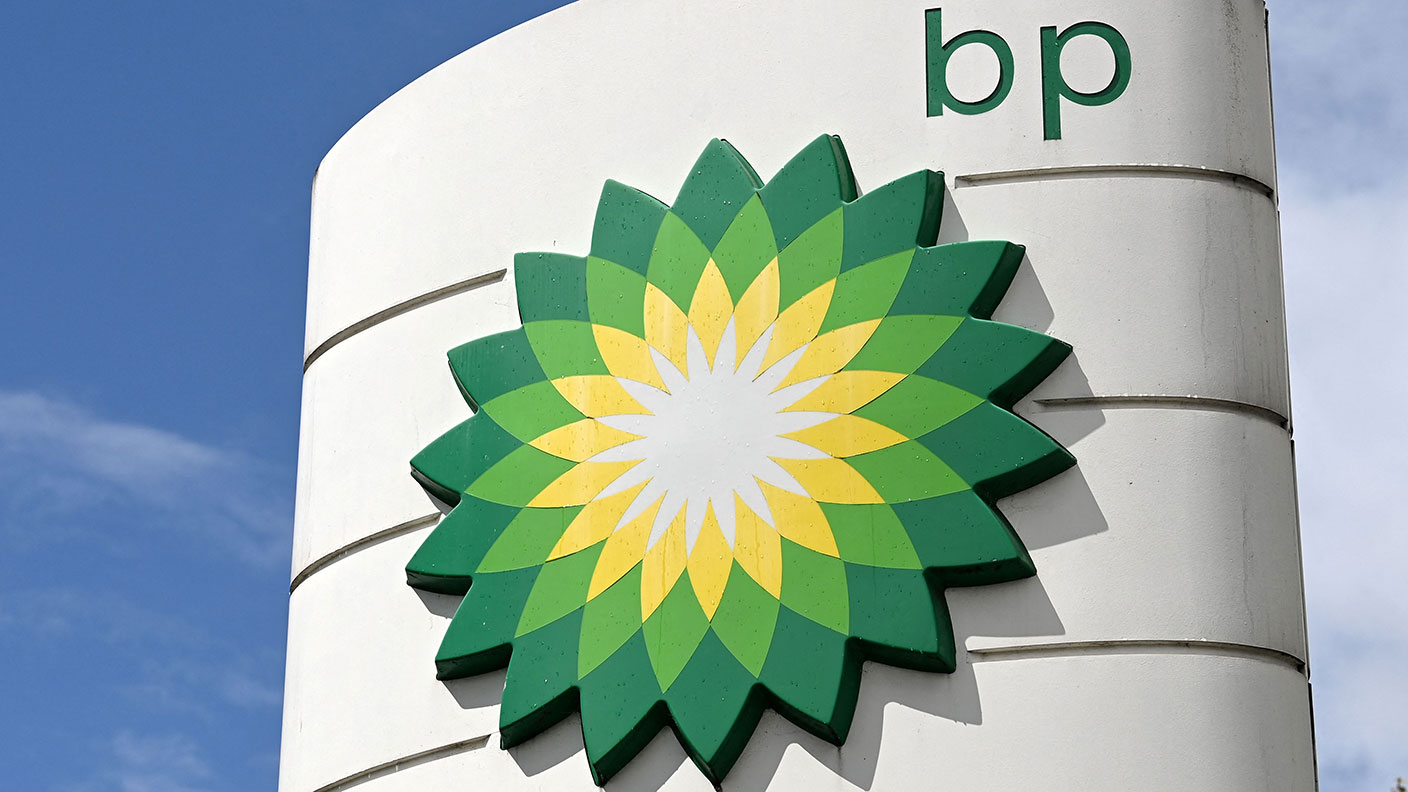 As oil prices surge, should you buy BP shares?
As oil prices surge, should you buy BP shares?Analysis The imbalance between supply and demand has sent the oil price surging, bringing bumper profits to oil giant BP. Rupert Hargreaves looks at the numbers and asks if BP shares deserve a place in your portfolio.
-
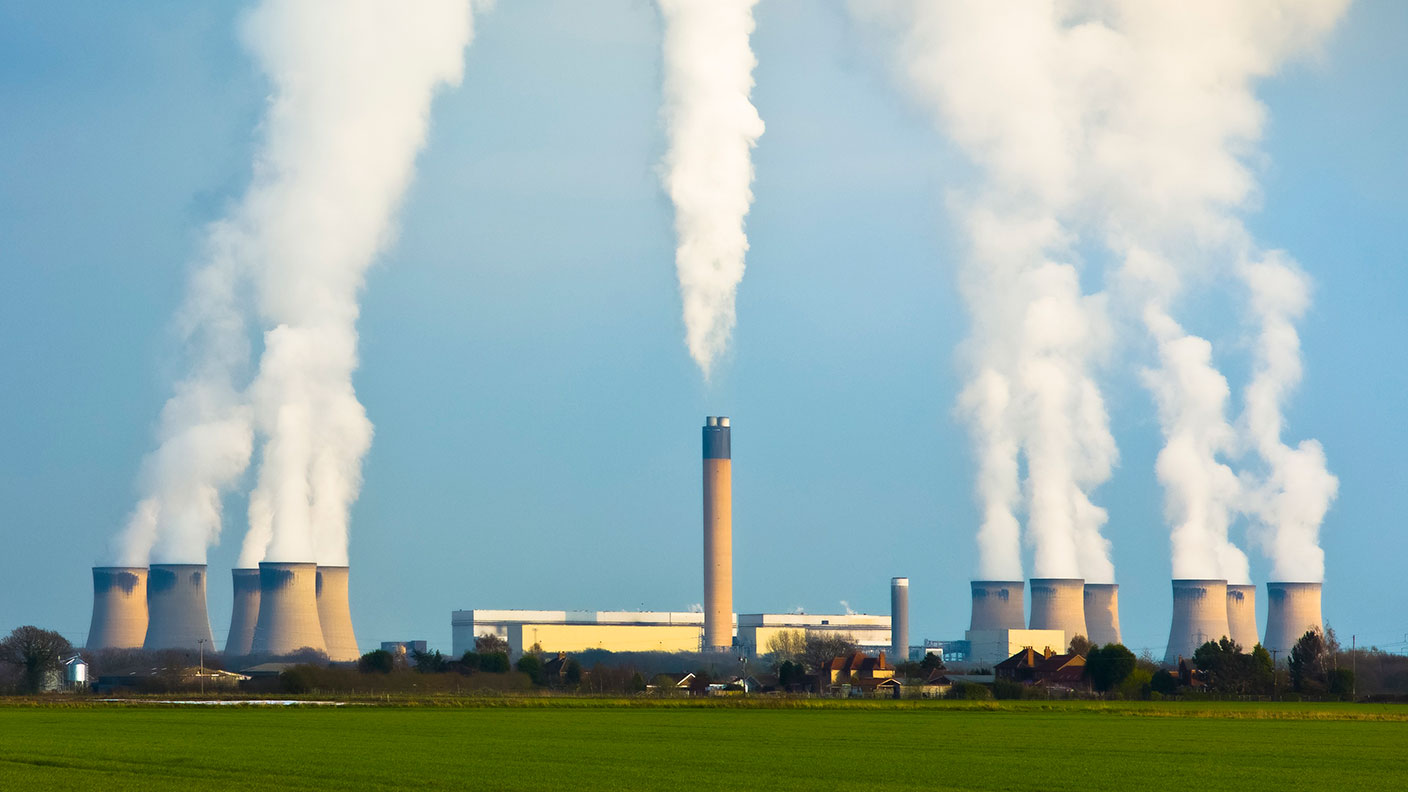 Should you be worried about energy windfall tax proposals?
Should you be worried about energy windfall tax proposals?Analysis Calls have been growing for a windfall tax on UK oil and gas producers. It's a popular idea, but is it a good one? And what does it mean for investors in the UK's energy companies? Rupert Hargreaves explains.
-
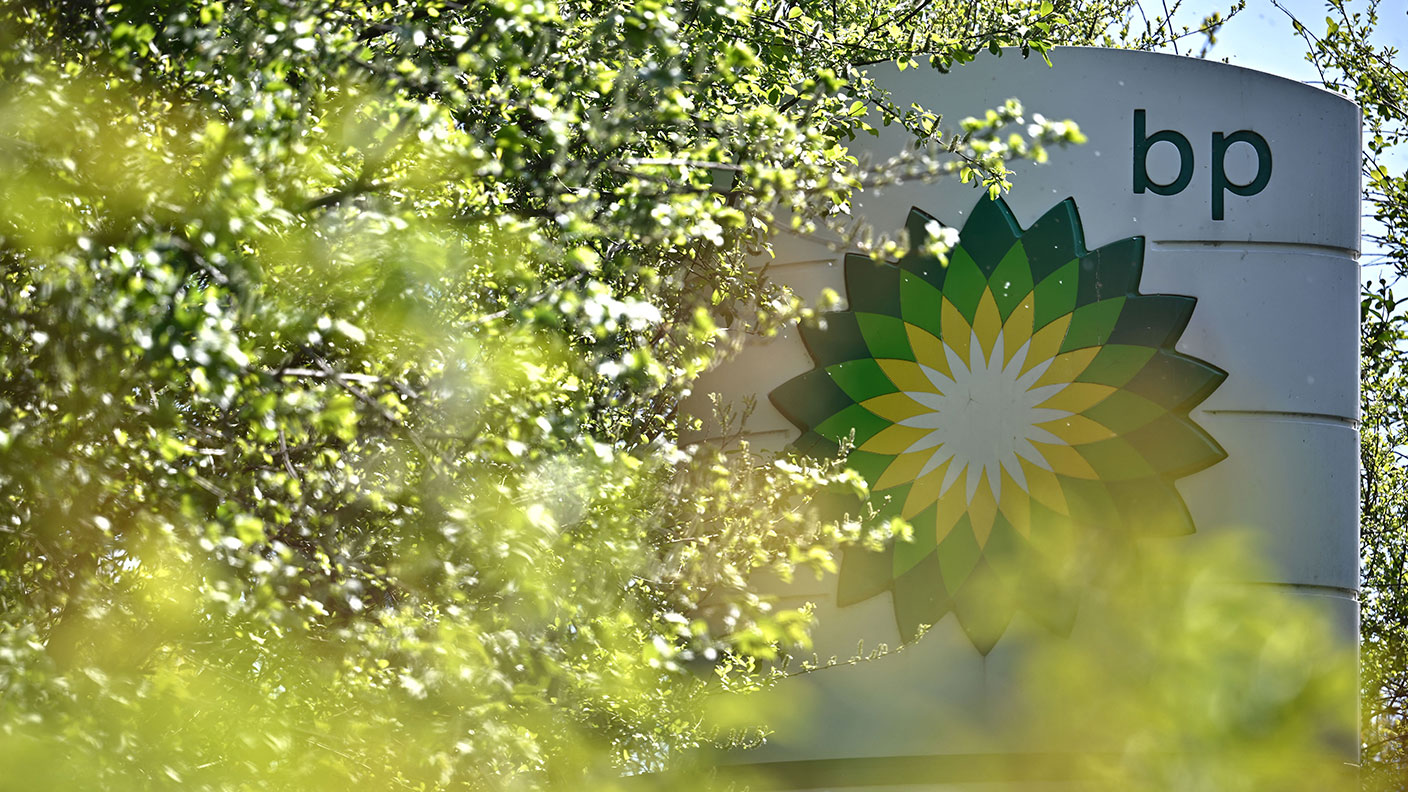 BP’s profits surge, but the company’s growth is far from guaranteed
BP’s profits surge, but the company’s growth is far from guaranteedAnalysis BP profits are at their highest in a decade, and it looks to be a business firing on all cylinders. But its future is far from certain, says Rupert Hargreaves.
-
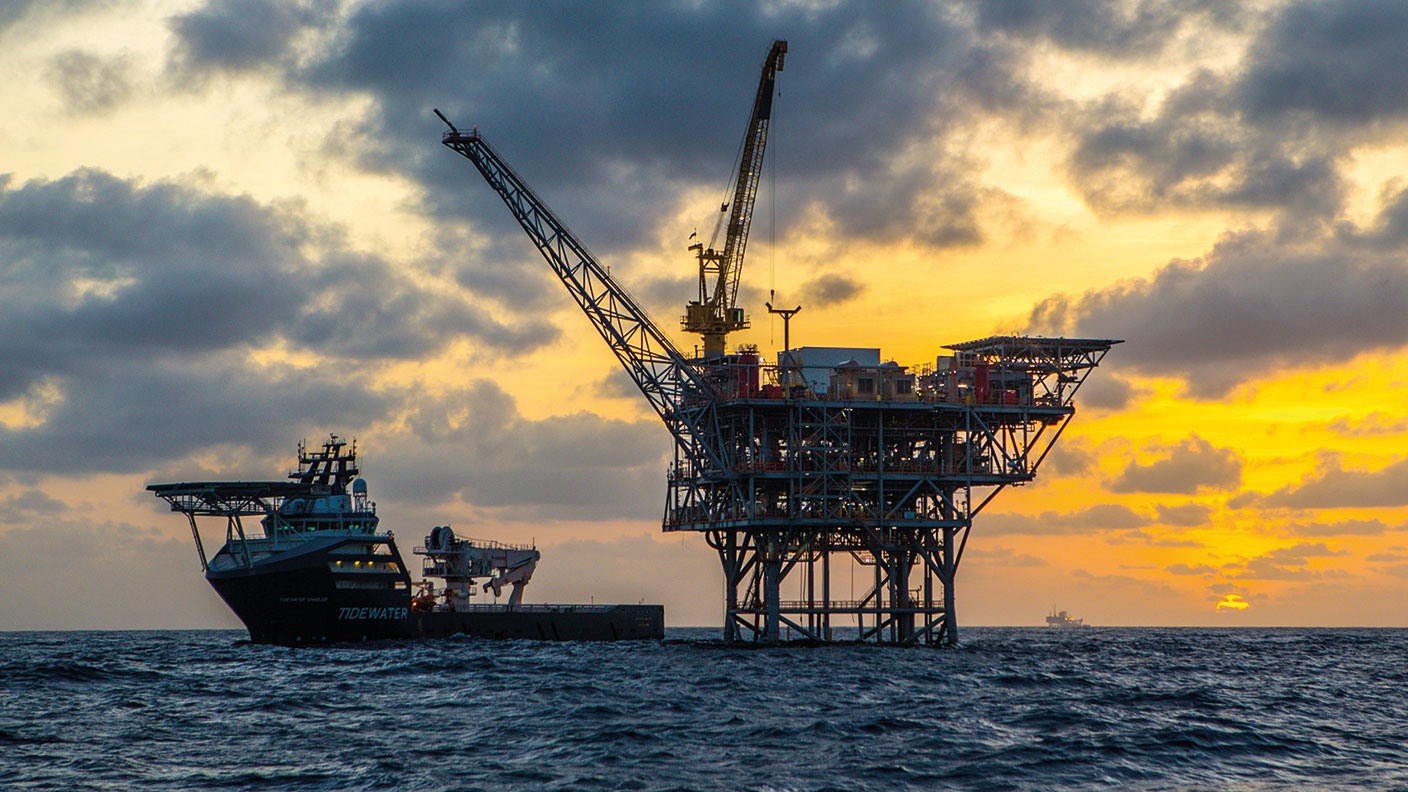 BP: really going “beyond petroleum” won't be easy
BP: really going “beyond petroleum” won't be easyNews BP is recovering and plans to become carbon neutral by 2050. Meanwhile, activist investors are targeting ExxonMobil. Matthew Partridge reports
-
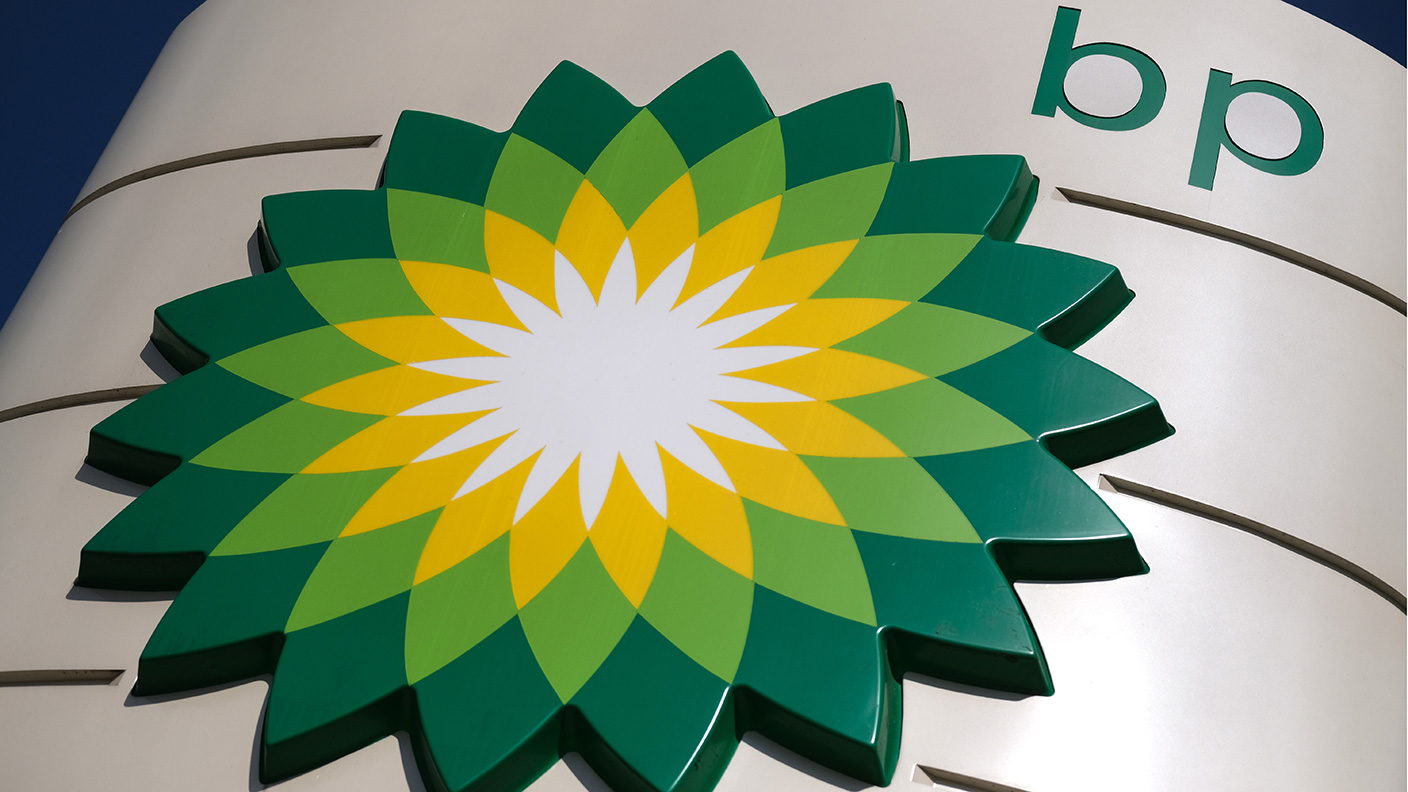 BP looks set to return more money to shareholders as it beats expectations
BP looks set to return more money to shareholders as it beats expectationsNews Oil major BP is to embark on a share buyback programme after significantly reducing its debts. Saloni Sardana looks at what it means for your portfolio.
-
 BP has slashed its dividend – and markets love it
BP has slashed its dividend – and markets love itOpinion BP has bowed to the inevitable and cut its dividend in half – and its share price promptly rose. John Stepek explains what it means for shareholders and for beleaguered income investors.
-
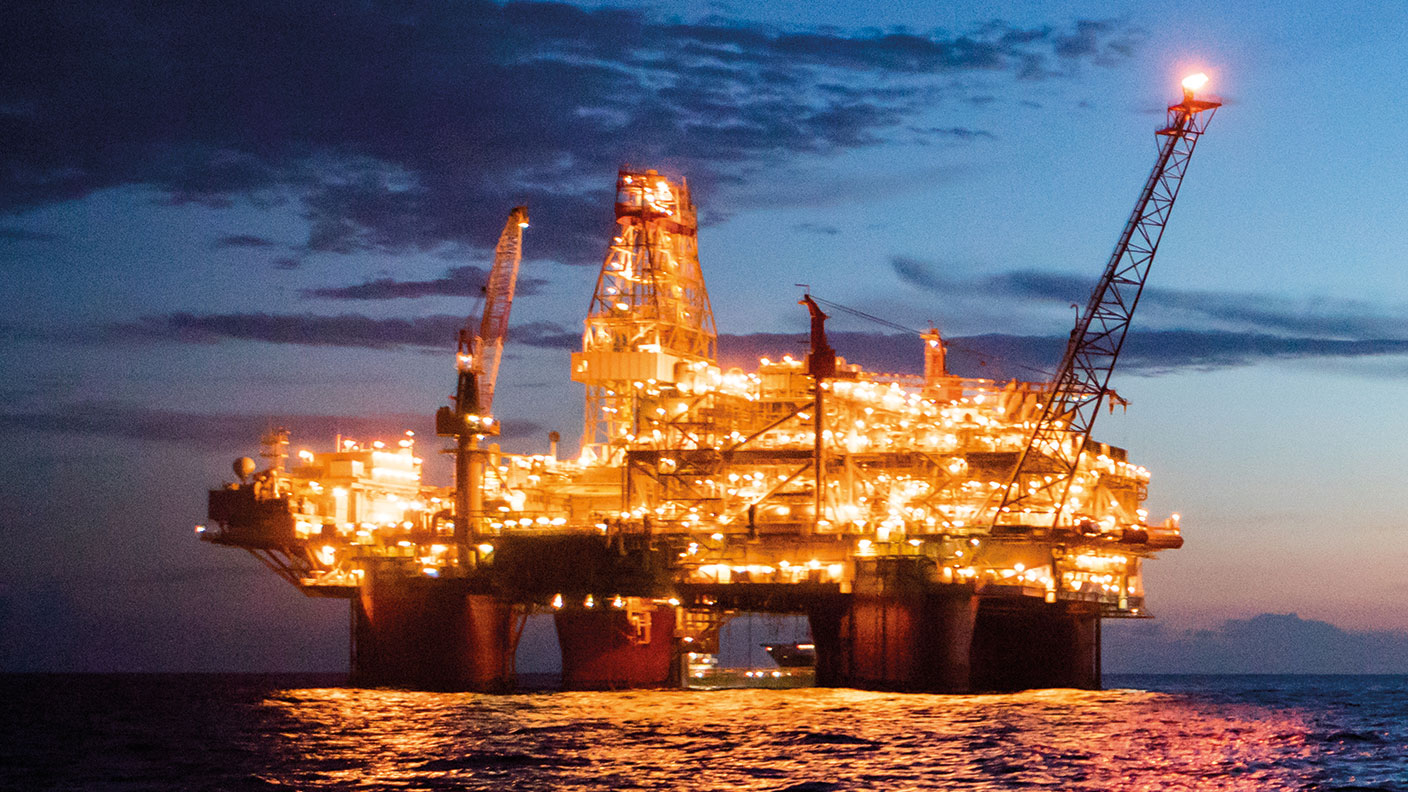 BP bows to reality as it writes down $17bn of assets
BP bows to reality as it writes down $17bn of assetsNews The oil giant has ditched its conspicuously bullish outlook and written down the value of its assets. Will it cut its dividend too? Matthew Partridge reports
-
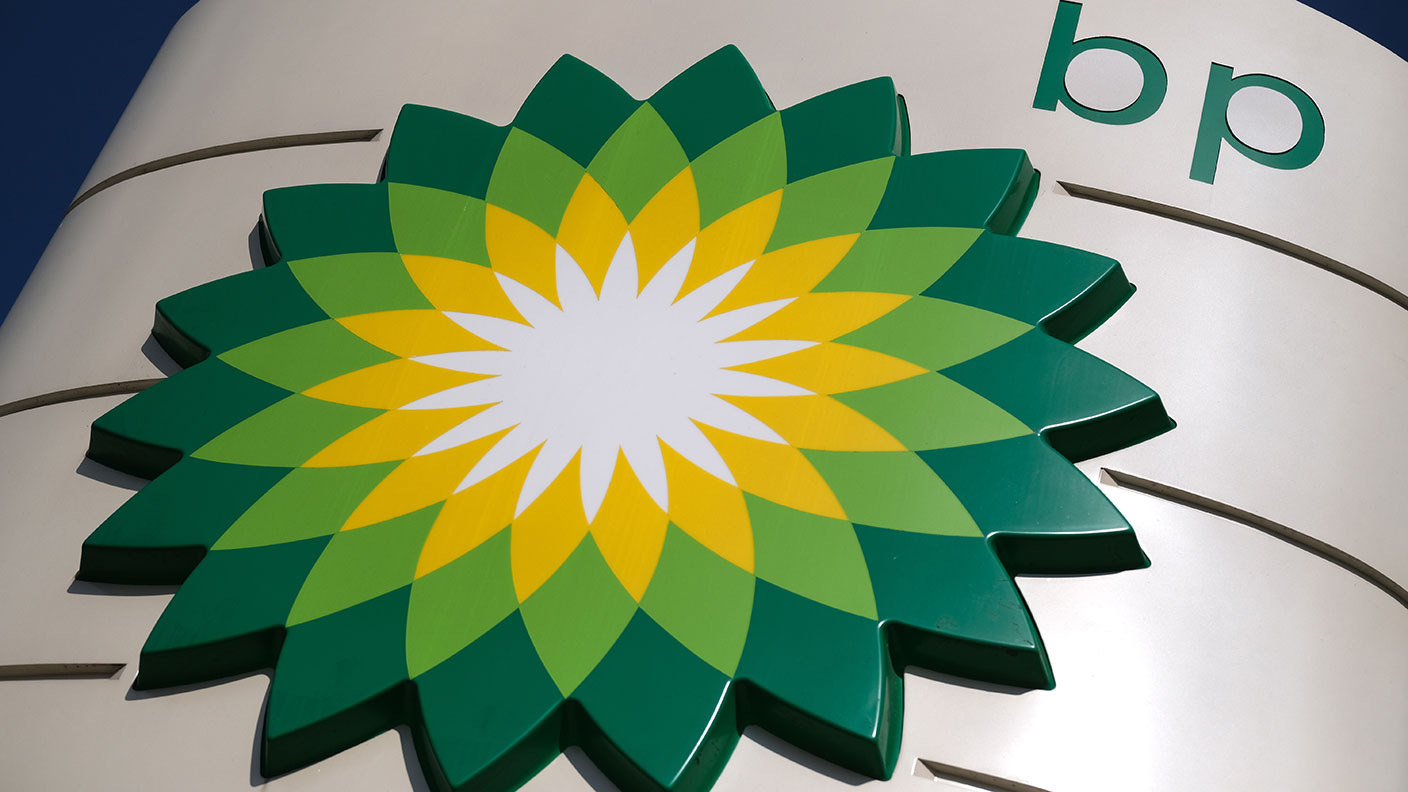 Watch out income investors – BP looks likely to cut its dividend in the near future
Watch out income investors – BP looks likely to cut its dividend in the near futureOpinion Oil major BP is writing billions off the value of its assets as it struggles to adapt to the changing world. Unlike Shell, however, BP hasn’t yet cut its dividend. But, says John Stepek, it’s only a matter of time till it does.